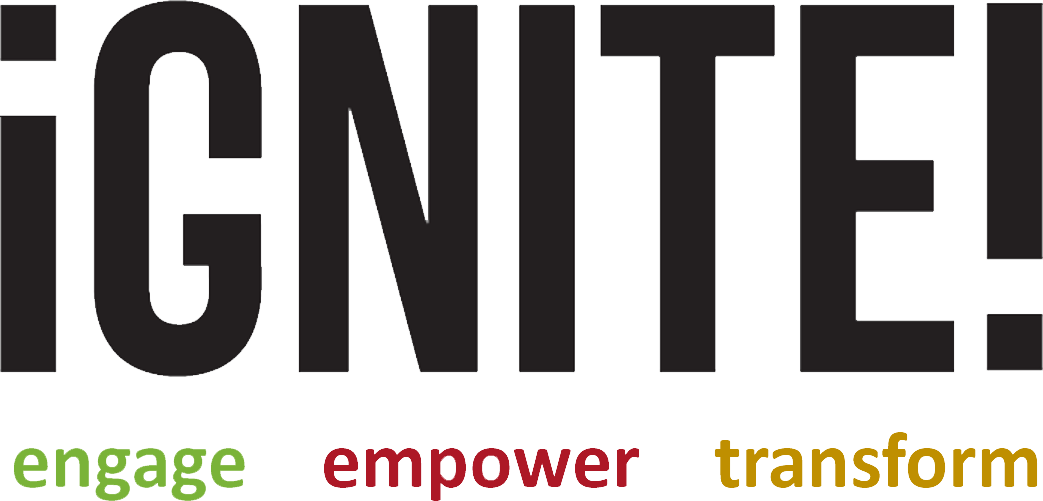What is County Lines
31 March 2021 18:05
County lines is the term used to describe when gangs exploit children and young people to move, sell drugs or collect drugs money for them. Young people are taken away from their local area to do these things.
Children involved in county lines are often sexually and physically abused by the gangs.
County Lines is against the law and is child abuse!
Here are some phrases that young people involved in county lines may use:
- “Running a line”
- “Going OT/out there”
- “Going country”
- “Going cunch”
Risks
Young people are often too scared to ask for help. They may think they are criminals, but actually they are the victims.
The criminal gangs may use drugs, alcohol and other ‘gifts’ to attract young people, and in return the young person will be expected to pay them back, by becoming involved in county lines. This is called 'debt bondage'.
There is a strong link between county lines activity and:
- Serious violence
- The use of substances such as acid as a weapon
- Murders
- Sexual abuse
Cuckooing
Cuckooing happens when a county lines gang takes over the home of a vulnerable person and uses it to deal drugs. It can also be called a “bando” or a “spot.”
Who is Vulnerable to County Lines?
Some children are more at-risk of becoming involved in county lines. These include:
- A child who has been neglected, or has experienced physical or sexual abuse
- Children living in poverty
- Those with connections to other people involved in gangs
- Children who have a learning disability
- Children who have mental health problems
- Those who have been excluded from mainstream education
Signs to look out for
Signs that may mean that a young person is involved in county lines:
- Going missing from school
- Travelling to different areas including seaside or market towns
- Not wanting to explain where they are
- Having new phones, clothes or money that they can’t explain
- Being texted or called all the time
- Having more than one mobile phone
- Changing their behaviour or mood all the time
- Having older friends
- Having marks or injuries that they can’t explain
- Carrying a weapon
- Receiving lower grades than usual
- Having few friends at school
- Being interested in gangs
- Self-harming or having significant changes in mental health
How to Respond
If you think a child or young person is in danger right now, call the police on 999. If they are not in danger right now, but you think that they need help, you can contact:
- NSPCC Helpline on 0808 800 5000 or email help@nspcc.org.uk
- Call 111 in non-emergency situations
